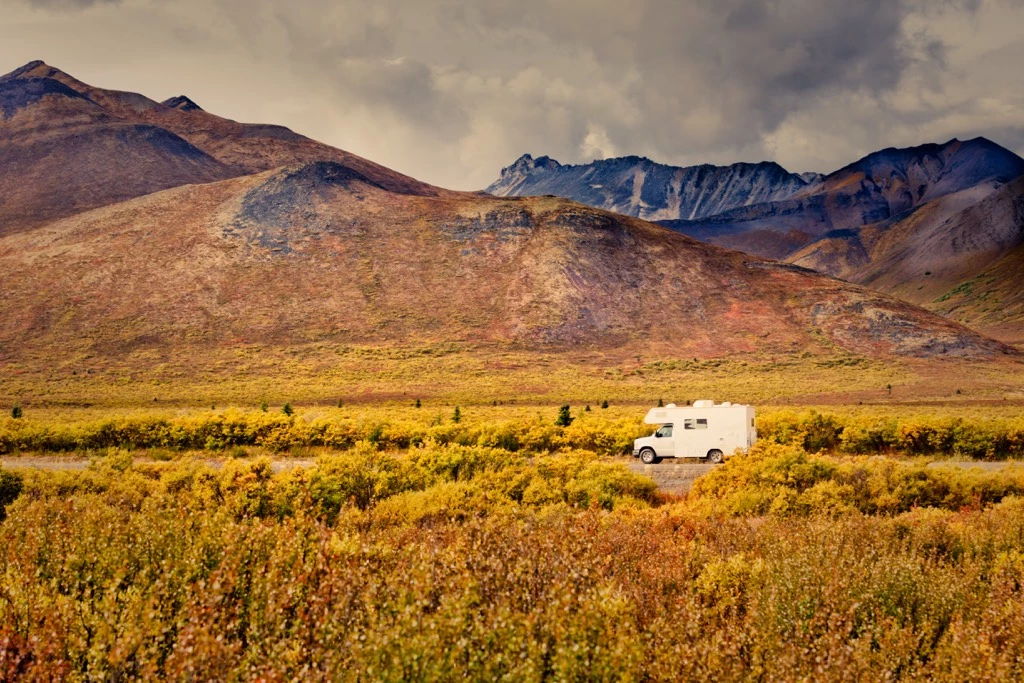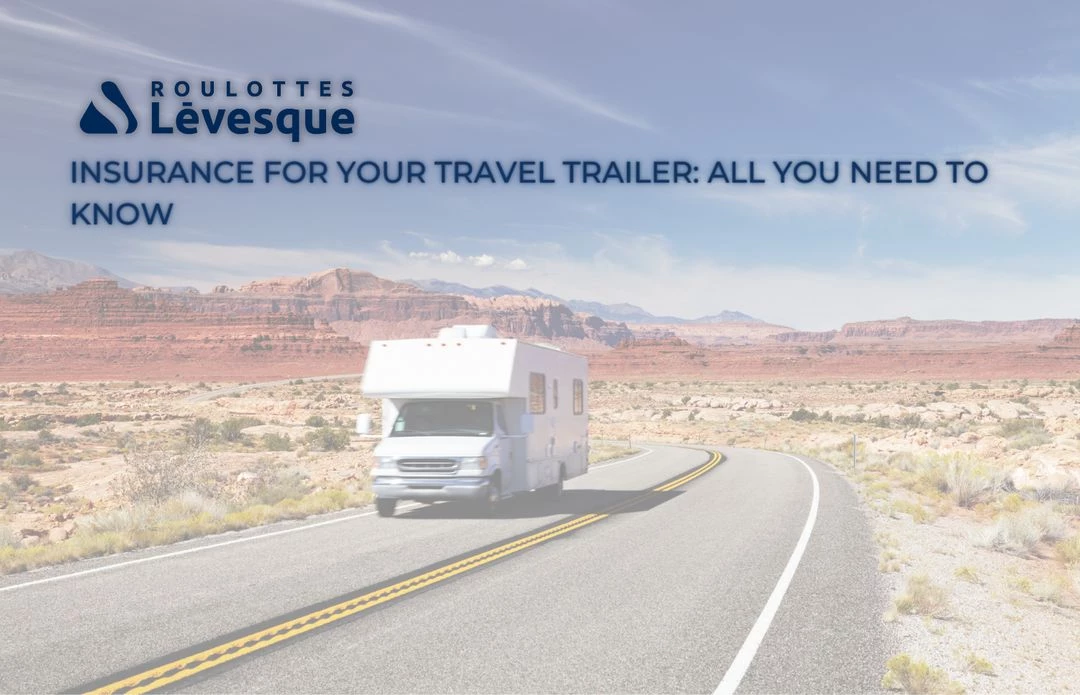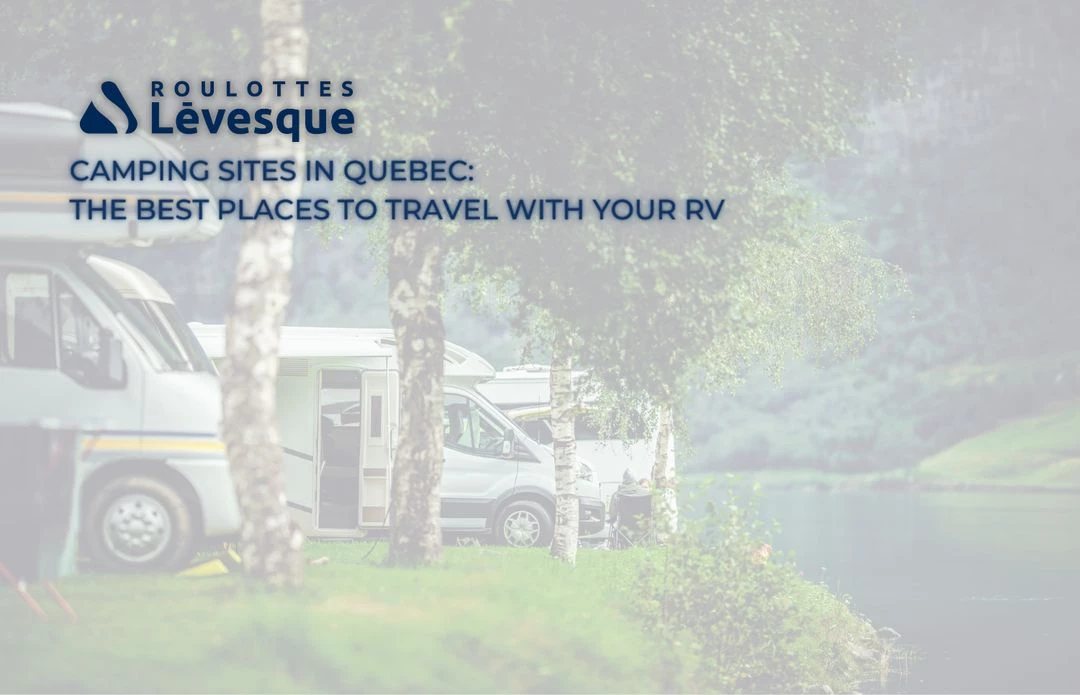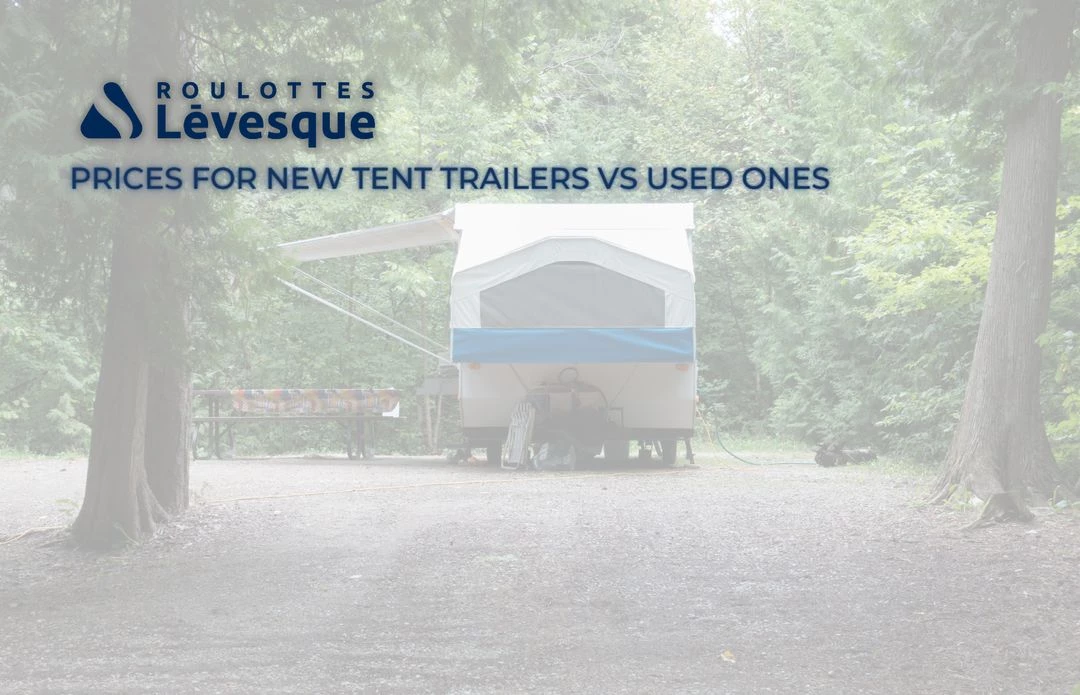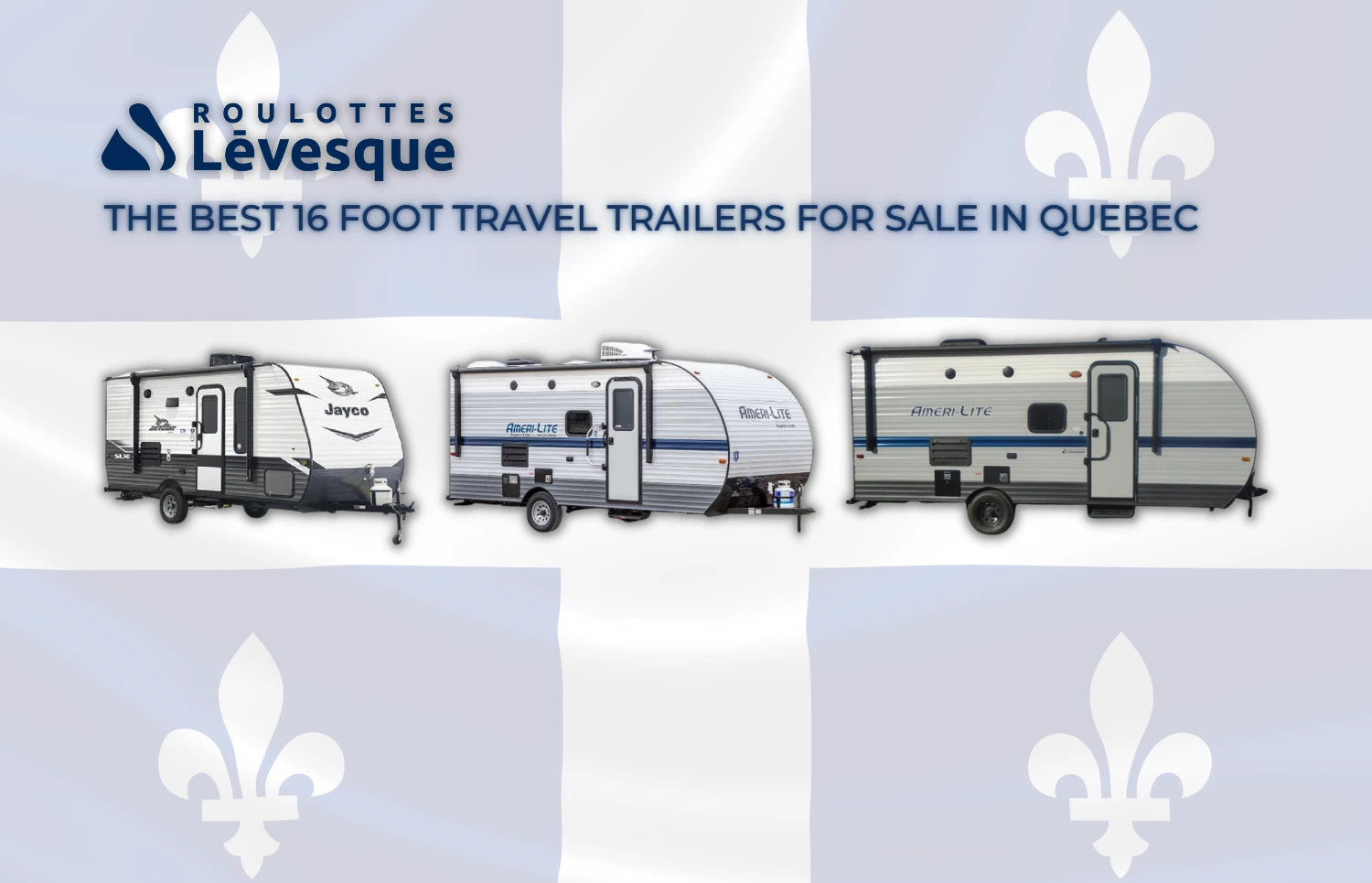Crossing Canada aboard an RV: And what if it turned out to be the trip of your lifetime?
- Roulottes Lévesque
- Blogue
- Jan. 14, 2022
-
1077views
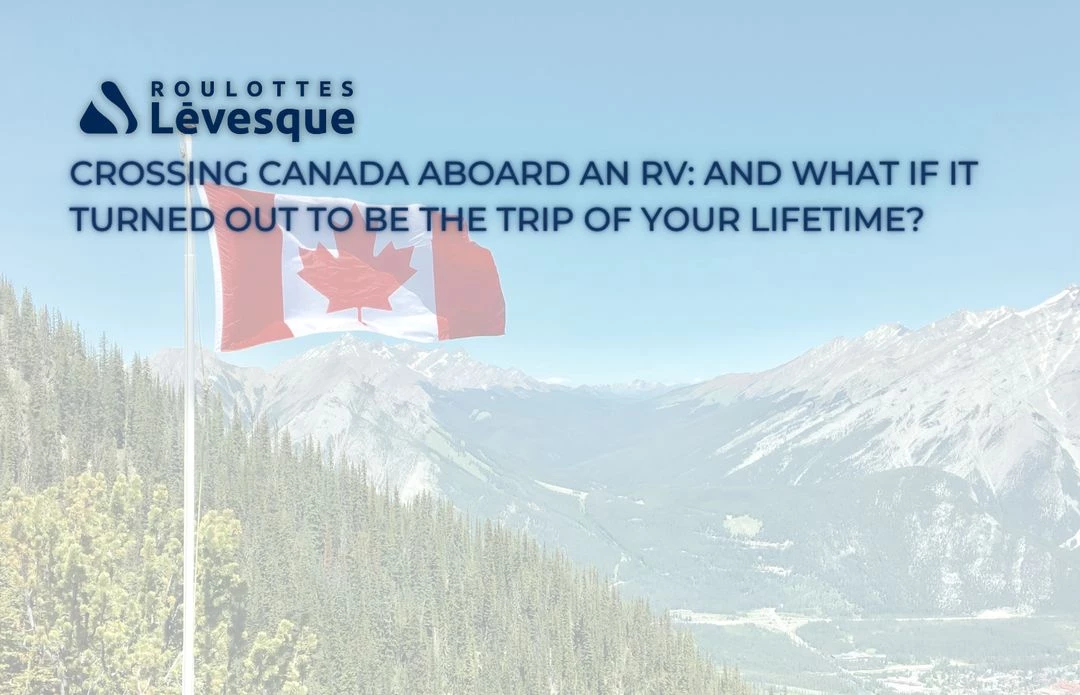

Contrary to our European cousins, for whom travelling across a country is much quicker, we cannot leave the province of Quebec for a road trip to Vancouver and imagine we’ll get there in a week!
In fact, that type of trip –whether it’s in a car or an RV- takes many months, if you truly wish to enjoy it. After all, we are talking about a 10 000 km round trip; and that is only for a linear trajectory in which you will not visit many of the regions.
Crossing Canada aboard an RV: a childhood dream
As you might have guessed, you will have to plan ahead. Furthermore, if you have been dreaming of this since you were a child, you already probably have a list in hand of all of the places you want to visit.
If you wish to cross Canada in a camper, for the trip of your dreams, you will also have to plan many things in detail, even if you want to be spontaneous and discover different areas at your whim and fancy!
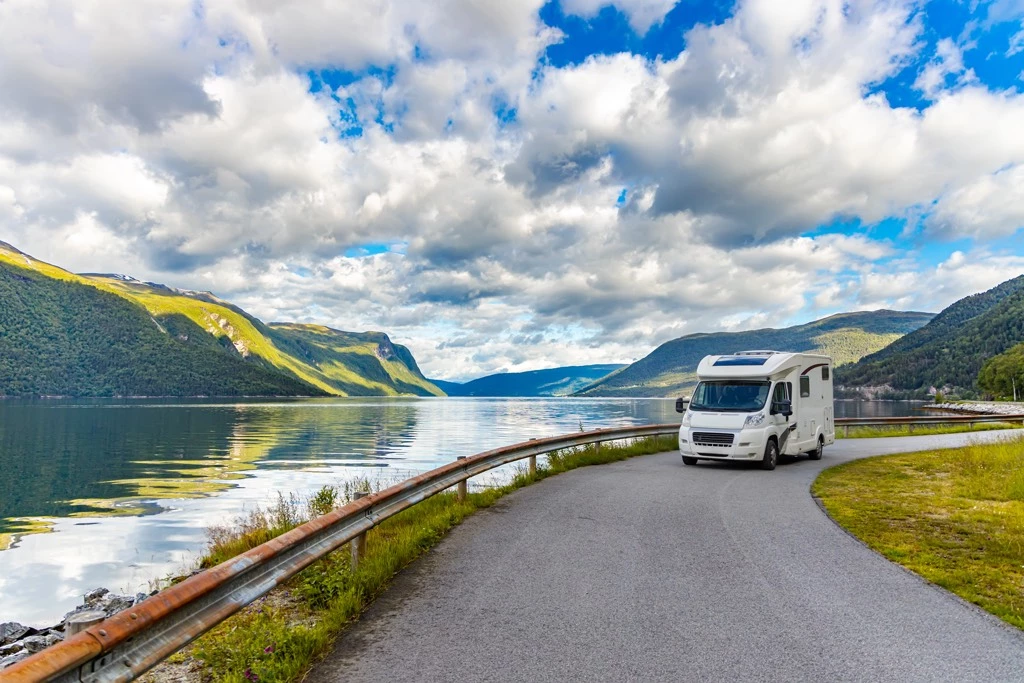
Where to stop? What to see? What are the most beautiful/quickest/most direct roads? What will you need? Where will you find hospitals or clinics? Will you have to cross the border, for a little while, into the United-States?
You will have to answer all of these questions and many more BEFORE you leave, if you want to avoid problems and make sure your childhood dream does not turn into a nightmare!
Here is some advice that will help you greatly while you are preparing your grand voyage across Canada!
When to cross Canada in an RV?
There is no perfect date for your trip. If you wish to hit the roads on December 24th, you are free to do so; however, road conditions may quickly undermine your initial excitement!
If you truly wish to take full advantage of this trip of a lifetime, it is best to wait until May, even mid-May. This way you avoid all risk of storms or late frost (we all know what this can mean, especially in mountainous regions!).
In the same way, you should plan to return in October latest, before first snows. This way you will also make sure you won’t get caught by a storm on your way back!
Obviously, you cannot only refer to the weather you are used to. You must think of all of the places you will visit, since weather varies greatly from one province to the other.
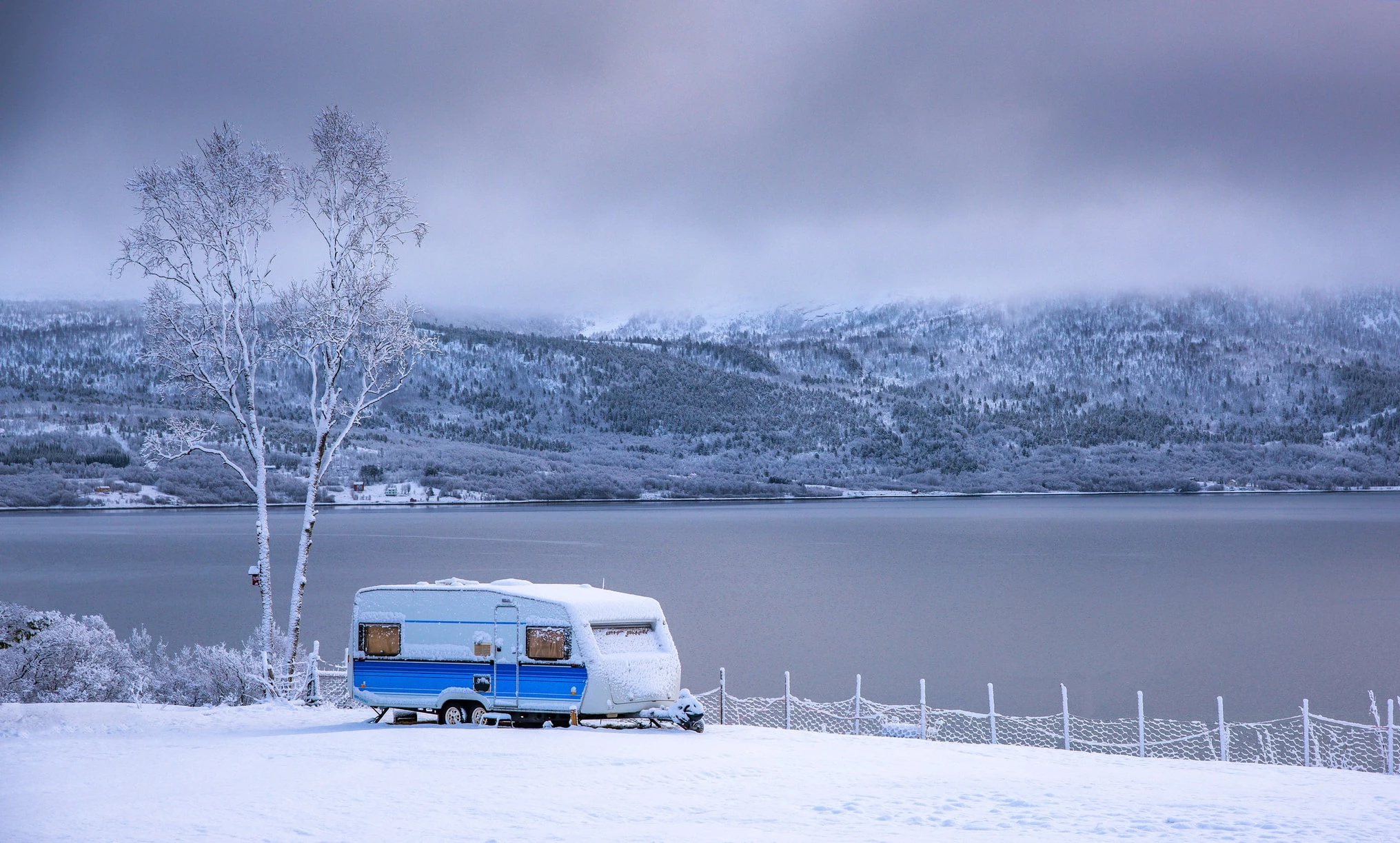
Here is an example of day/night averages for May, for the various Canadian regions:
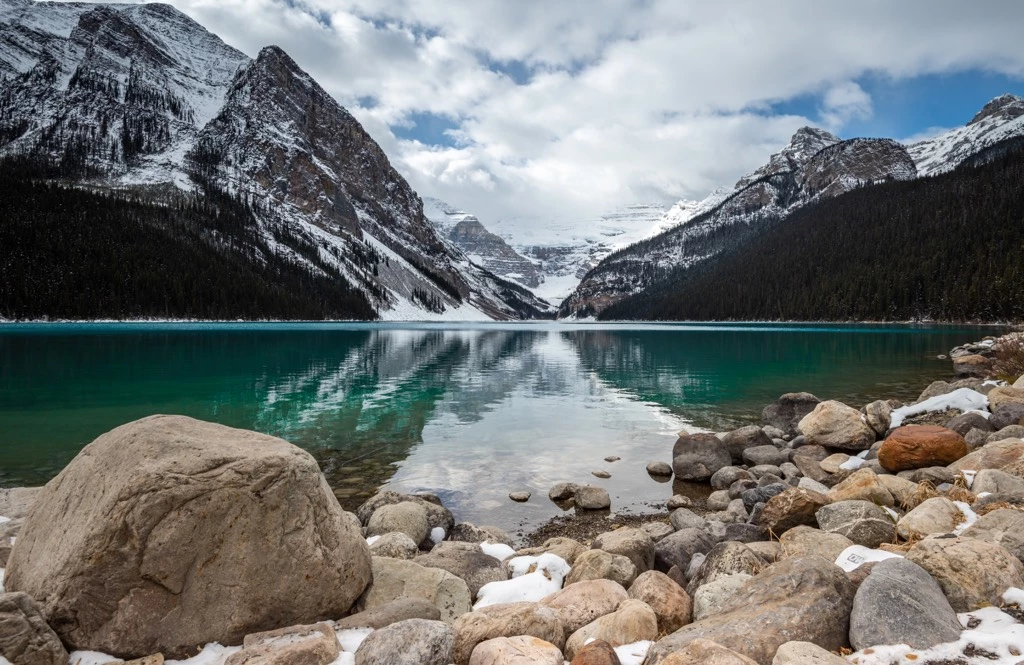
Lake Louise Alberta, Canada
- St-John’s (Newfoundland) : 11°/2°
- Quebec : 16°/6°
- Regina (Saskatchewan) : 18°/5°
- Lake Louise (Alberta) : 13°/-1°
- Vancouver (BC) : 17°/10°
- Whitehorse (Yukon) : 14°/1°
- Yellowknife (NWT) : 13°/1°
- Nunavut (if ever you wish to go) : day/night average -9°
These are obviously only averages. You must look at weather conditions often during your trip, so as to take advantage of the best possible weather!
How to organise this Canadian Odyssey?
On top of the must-sees –and God knows there are many in Canada- you will also have to determine where you wish to sleep, because in high-season, you will very likely need a reservation.
Moreover, make sure you find campgrounds that allow for campers. In fact, certain campgrounds are not equipped for large campers. Better to be safe than sorry!

On top of campgrounds, certain department stores will allow you to park your camper overnight while others won’t. The Terego network also allows for free RV parking by some of the local producers in Canada, in over 240 sites, across 5 provinces.
Gas Stations are not to be ignored!
If gas stations seem easy to find on highways, it may not be the case for rural regions. It will thus be extremely important to determine where you can fill up, not only before you leave, but also during your trip (since you may decide to change itinerary once you’re on the road!).
Do you have your passport?
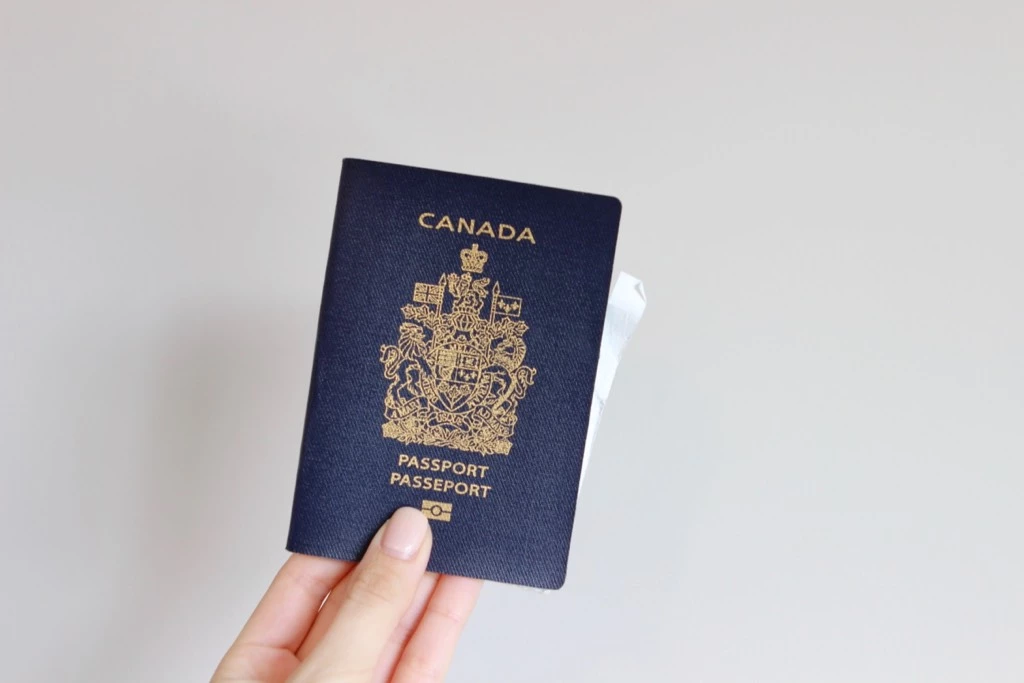
Not your vaccination passport, the one you need to leave the country! Depending on the itinerary you’ve selected, you may have to cross an American border. It will be important for you to have a valid passport aboard!
What type of RV do you need to cross Canada?
It is fully possible to cross Canada with your SUV and travel trailer, or your class B or C motorhome; but nothing beats the comfort of a Class A RV!
Aboard these vehicles, you will have everything you need to feel comfortable, without having to continuously unhook your travel trailer from your SUV so as to allow you to visit the area with your truck.
While it is true that manoeuvering a Class A motorhome in downtown Vancouver or in the mountains is not an easy task, by hooking your smaller vehicle behind it, you will be free to come and go as you please with ease.
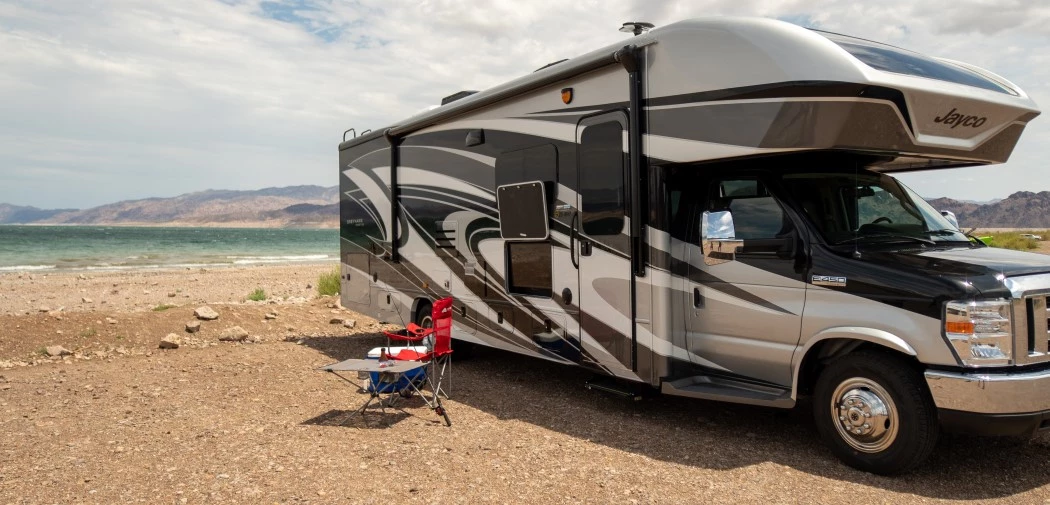
Even if you are used to more rustic camping, leaving for several weeks or months on end is a whole other ball game. You can grow more uncomfortable as time passes. Why not opt for a travel trailer or motorhome? They can certainly be more expensive, but also incredibly more spacious and comfortable!
Come visit us at Roulottes Lévesque to find out more
If you are thinking of purchasing an RV for a Canadian road trip (and probably an American one too since you’ll be hooked!), our specialists at Roulottes Lévesque will know how to guide you towards RV or travel trailer models that will fit your needs and budget.
Don’t delay. Come and visit us today to reserve or order your very own recreational vehicle!
